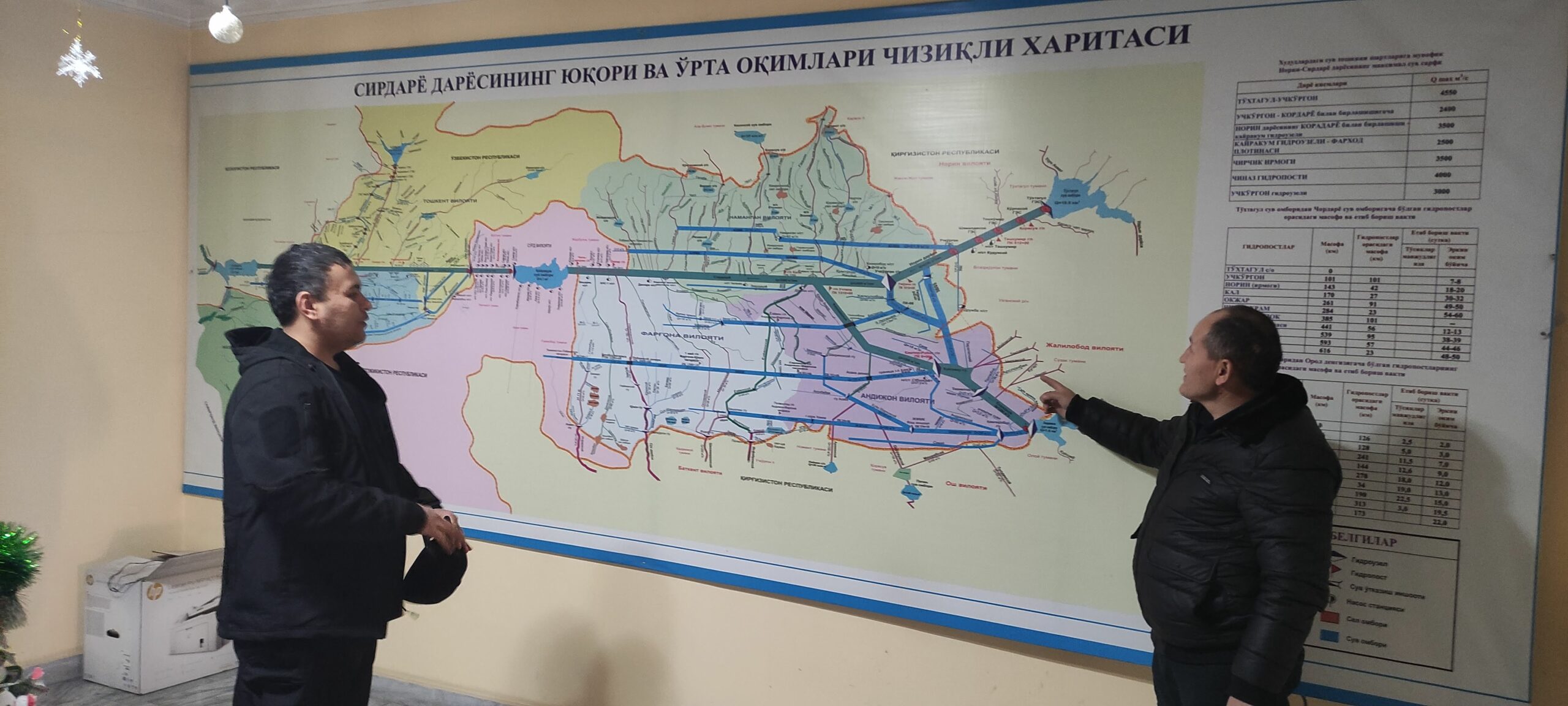On a path to strengthening transboundary tributary governance in Central Asia for better Nexus outcomes
September 23, 2024
IWMI is leading Hydro4U project activities related to accountability and benefits sharing in the context of the Water-Food-Energy-Climate (WFEC) nexus in Central Asia. While several important milestones have already been achieved, our ongoing activity related to the co-development of integrated cross-border policies for sustainable benefits sharing at tributary level in Central Asia may be of interest to a very broad audience.
Since the dissolution of the Soviet Union, much focus in Central Asia has been placed on developing and strengthening institutional setup at the full basin level. Small tributaries, however, key places for introducing small hydropower (SHP) solutions, continue to receive less attention. Through stakeholder interviews and review of literature, IWMI researchers have determined that only a handful of small transboundary tributaries (STTs) are covered by cross-border agreements while the majority are not. Moreover, even stakeholders in STTs that are covered by agreements think that the agreements can be strengthened or updated. The reason for that being that existing STT level agreements are not sufficient to address changing water supply and demand dynamics between the Kyrgyz Republic and Uzbekistan. For instance, Shakhimardansai which is selected as one of the demonstration sites under Hydro4U is covered by a Soviet-era agreement: Protocol on decadal water allocation in Sokh, Shakhimardan, and Isfayram between the Uzbek and Kyrgyz SSR from June 14, 1981, which specifies decadal, percentage-based water allocation for the vegetation period and is considered a follow up to the Protocol on the Interstate Allocation of Ferghana Valley’s Small Rivers’ Flows from the 1980. Both agreements have a narrow scope and are no longer adequate to capture increasing uncertainty of water supply and demand, making new interventions, such as the introduction of SHPs, risky.
To develop a template or a checklist that can help stakeholders to implement sound legal practices in future consultations on transboundary water agreements in Central Asia, IWMI is analyzing climate resilience of legal frameworks covering STTs while also assessing resilience of select number of STTs, like Shakhimardansai, to future climate change-induced water variability. The methods and results of this activity are discussed with key stakeholders to gather their feedback. This collaborative approach ensures that the resulting template or a checklist will be both practical and resilient.

Picture: Meeting and discussing water management challenges in Ferghana Valley with a representative from the Syrdarya-Sokh Basin Irrigation System Authority.
Photo credit: Bunyod Holmatov (IWMI).
Author: Bunyod Holmatov (IWMI)
